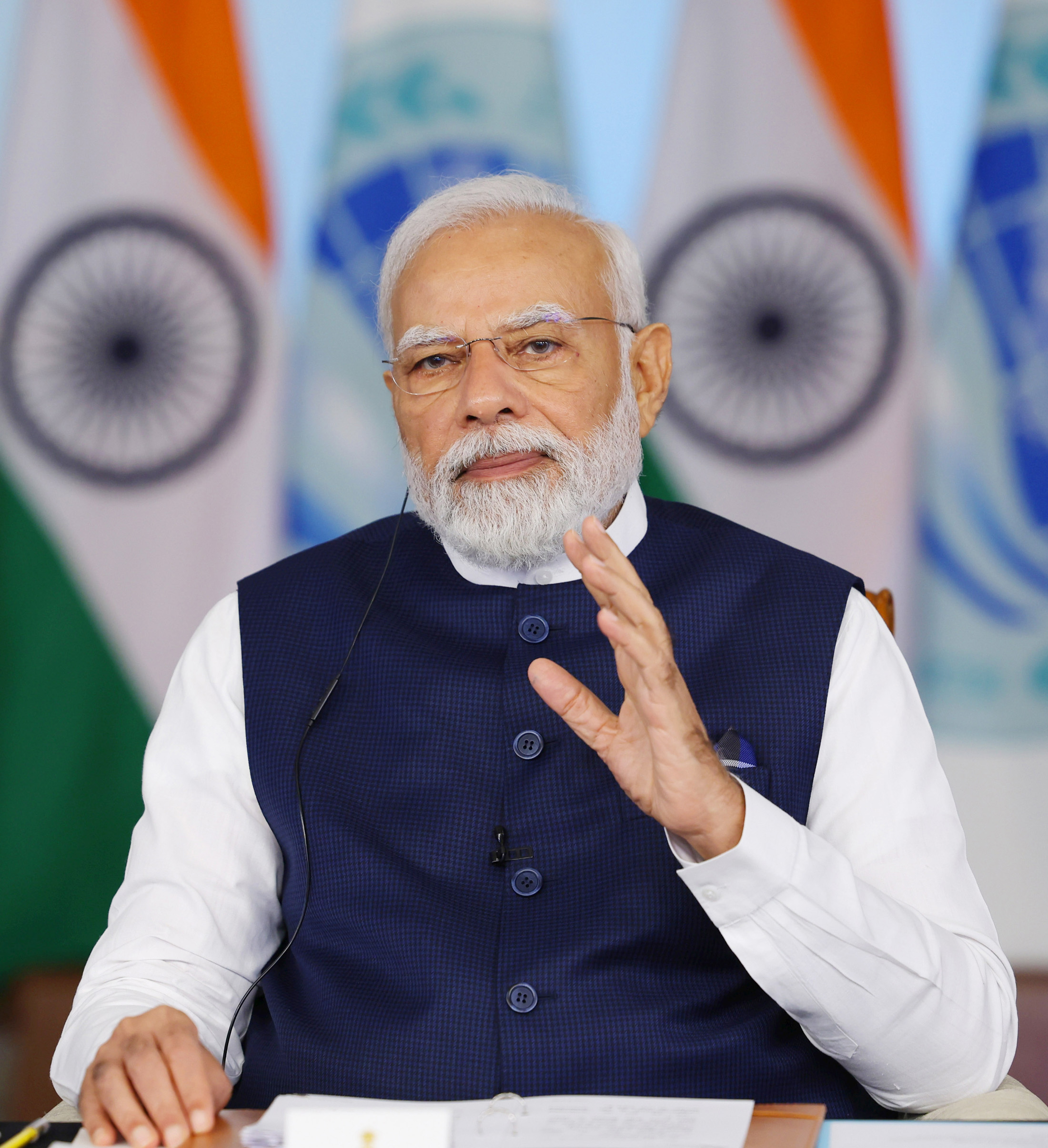BJP should introduce a uniform civil code
Ravi Shanker Kapoor | May 14, 2015 4:41 am
The Supreme Court has once again prodded the government to introduce a uniform civil code. On May 11, a Bench of Justices Vikramajit Sen and Abhay Manohar Sapre said, “One secular law should be made applicable across the board regardless of communities and religious affiliation of a person. It should be applicable all over the country.” Unfortunately, the wise words of the apex court have failed to wake up the Narendra Modi government to implement its own agenda.
This is despite the fact that the apex court cleared expressed its displeasure at the status quo. “You should yourself spring up and tell the court that you would do it. Why are you contesting on the issue,” the Bench asked the Centre which wanted more time to ponder over and take a stand on the issue. One wonders what is there to ponder over. In its Election Manifesto 2014, the Bharatiya Janata Party said that it “believes that there cannot be gender equality till such time India adopts a Uniform Civil Code, which protects the rights of all women, and the BJP reiterates its stand to draft a Uniform Civil Code.”
Of course, there will be opposition to the move, not only from Muslim fundamentalists but also those who claim to be modern and progressive. For instance, in her interaction with www.rediff.com in December last year, Communist Party of India (Marxist) politburo member Brinda Karat was categorical in her criticism of the uniform civil code. “Personal law reform can be an endeavor for which each community has to be involved,” she says. “The strong voice for reform has to come from within each community for which they have to get the support of every political party.”
But where is the “strong voice for reform” within the Muslim community? It is well-known that India’s largest religious minority is in the clutches of the most reactionary and orthodox elements; the influence of Wahabi ideology, which animates al-Qaeda and Taliban, is increasing, as evident from the young Muslims going to fight for the Islamic State.
The influence is all-pervasive. So, unsurprisingly, eminent people among the community voice their objection to a uniform civil code. A few months ago, eminent lawyer Shafiq Rahman Mahajir said in Hyderabad that the codification of Islamic law will eventually lead to the introduction of a uniform civil code which is akin to interfering in Muslim Personal Law (The Times Of India, February 15).
On polygamy, Mahajir said that it was exception rather than rule among Muslims. Studies have shown that polygamy is found more in other communities, he added. This is casuistry, plain and simple, for the issue is not the occurrence of a practice but its legality. If a non-Muslim woman comes to know about her husband’s second wife, she can take legal recourse; a Muslim woman can’t.
The casuistry used by ‘progressives’ is even more disturbing. And it is not just politicos like Brinda Karat who are opposed to a common civil code because of electoral compulsions; Leftwing intellectuals are also against it. According to Praful Bidwai, a principal concern of the BJP is the “imposition of a uniform civil code detached from a gender-just, human rights-based, reform of personal laws.”
And what, pray, is “gender-just, human rights-based”? Well, this is what only the blessed souls like those of the Karats and the Bidwais can know, but they don’t want to do it. Had it been otherwise, Sonia Gandhi’s circus called the National Advisory Council, which was infested with all manner of Lefties and loonies, would have done that.
Two facts emerge: a strong voice for reform within the Muslim community does not exist; and the pinkish activists are not interested in a uniform code. So, should we be bothered about it in the first place? According to a Directive Principle, as enshrined in the Constitution, “The State shall endeavor to secure for the citizens a uniform civil code throughout the territory of India” (Article 44).
In other words, a uniform civil code has the Constitutional sanction; it also has the political mandate—the BJP has a simple majority in the general elections last year. Further, as we saw earlier, it had also promised to implement a uniform civil code. Therefore, it is the right and the duty of the saffron party to introduce a uniform civil code. The BJP government should follow the recommendation of the solitary Hindu leader, Subramanian Swamy, who champions the cause of a uniform civil code.
The BJP government has made many a U-turn on various issues; hopefully, uniform civil code does not join the list.






























